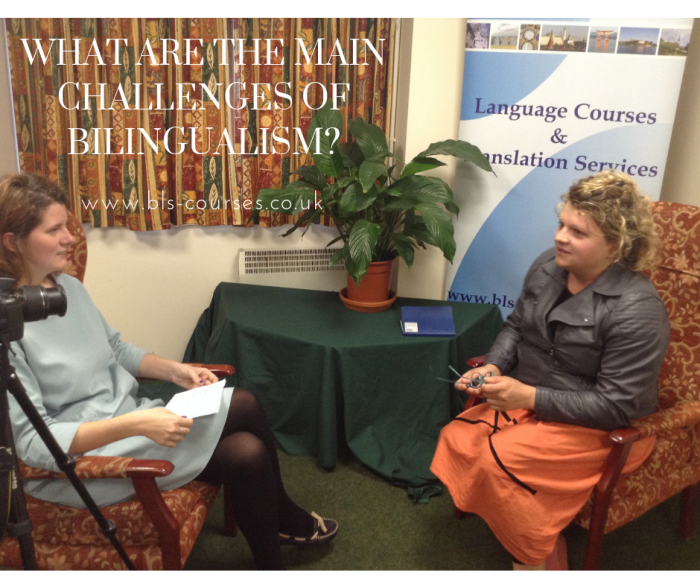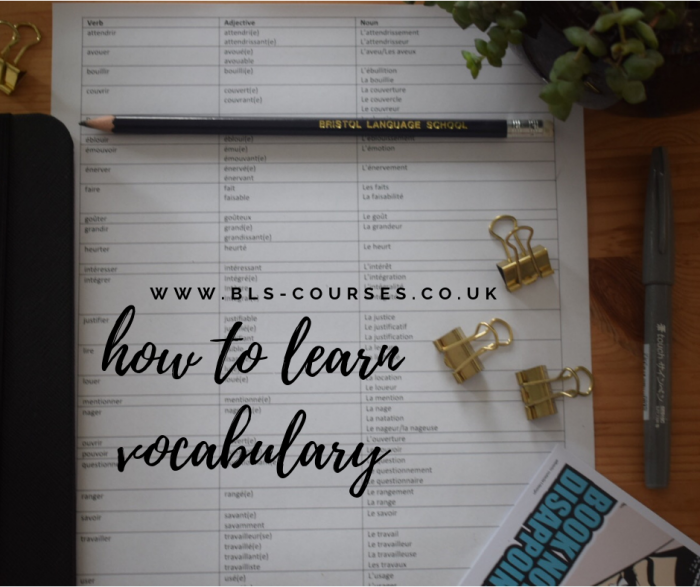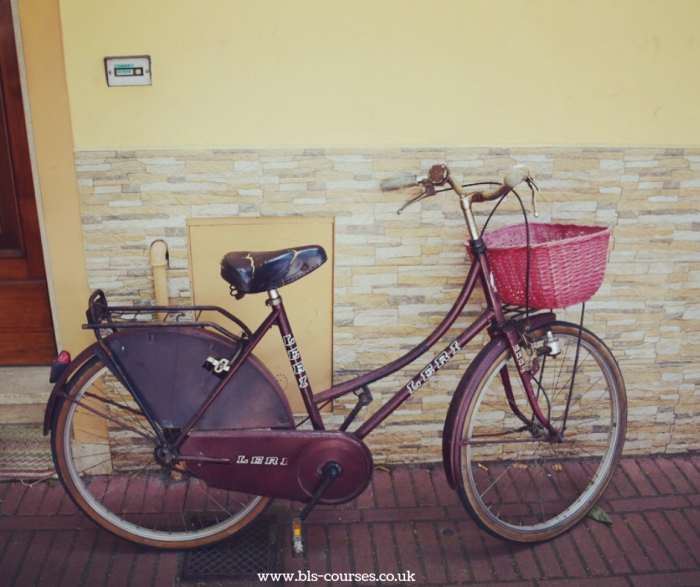Once, I walked into [the] first grade classroom at my Helsinki school, and I found tiny children with real needles in their hands. It was especially scary, because I couldn’t find [the teacher] initially. Timothy D. Walker
Flow is being completely involved in an activity for its own sake. The ego falls away. Time flies. Every action, movement, and thought follows inevitably from the previous one, like playing jazz. Mihaly Csikszentmihalyi

In 2001, Finland shocked the world when its pupils achieved the highest scores on the Programme for International Student Assessment (PISA), a set of tests evaluating critical-thinking skills in maths, science and reading. What was their secret? – I wanted to know. My query lead me to a book by Timothy Walker, Teach like Finland, where he walks the readers through the Finnish schooling system from an insider’s perspective, him being a teacher in Finland.
When we read the book, we come across many surprising facts, e.g. in Finland, pupils have frequent breaks, short school days, light homework, long holidays and little standardised testing. We also learn that the education system finds it important to invest in certain values, such as well-being (recharging, physical activity, simplicity, playing outside/in the wild), belonging (building strong relationships with the pupils, having fun and celebrating with the pupils, banishing bullying), autonomy (valuing freedom, getting to know pupils’ passions, planning with the students, demanding responsibility), mastery (the importance of teaching the essentials, leveraging technology, implementing some music elements, preparing summative assessments, discussing grades with the pupils), mind-set (enjoying the teaching process and then the holiday time, collaborating with other teachers, welcoming experts). The last two sub-chapters talk about time-off (vacate on vacation) and about joy of teaching, and I find both of those topics essential if one wants to implement any of the suggested strategies. Taking time off to recharge is crucial if we want to be more productive and enjoy our work, and joy of teaching (learning) means that we’re not only passionate about what we’re doing, but we actually enjoy the process of teaching (learning), which makes us happy.
I think the focus in Finnish schools is more on developing different life skills (e.g. mindfulness, interpersonal relationships and self-awareness) than concentrating only on their academic achievements. At the same time, this education system is deeply rooted in Finnish culture and heritage, which may mean that implementing it in another country may not be as successful (worth checking?). However, through making small changes and amending our teaching styles or our approaches to teaching, we may experiment to see if the Finnish approach (or parts of it) can work in our teaching/learning setting.
The book is a fascinating publication for those who are involved in the education system: teachers, scholars, policy makers… but also for parents, if they wish to learn more about the Finnish teaching and learning style.
Have you read any interesting publications on the Finnish education system or other countries’ education systems? Please let me know in the comments below.
Kinga Macalla






















